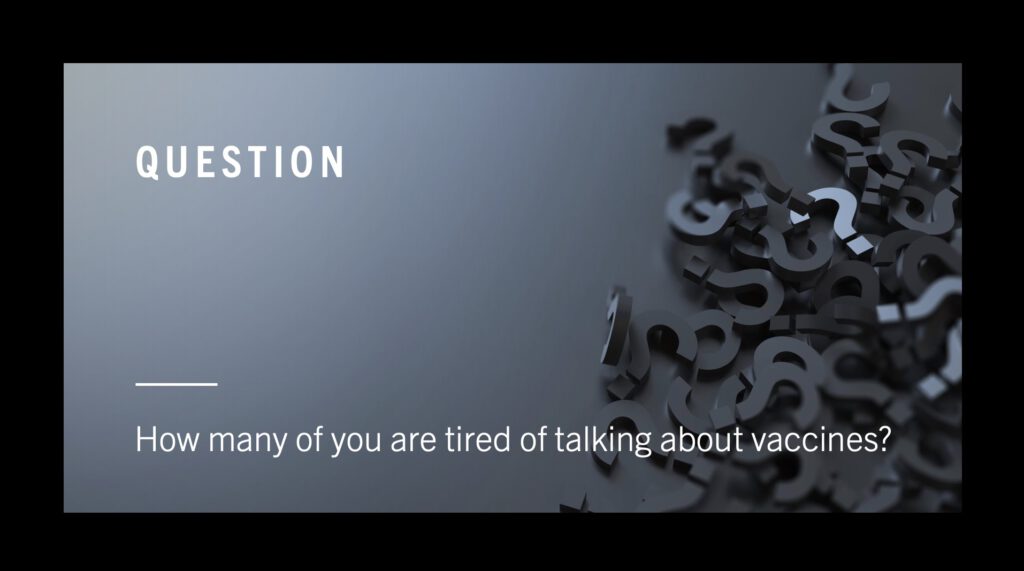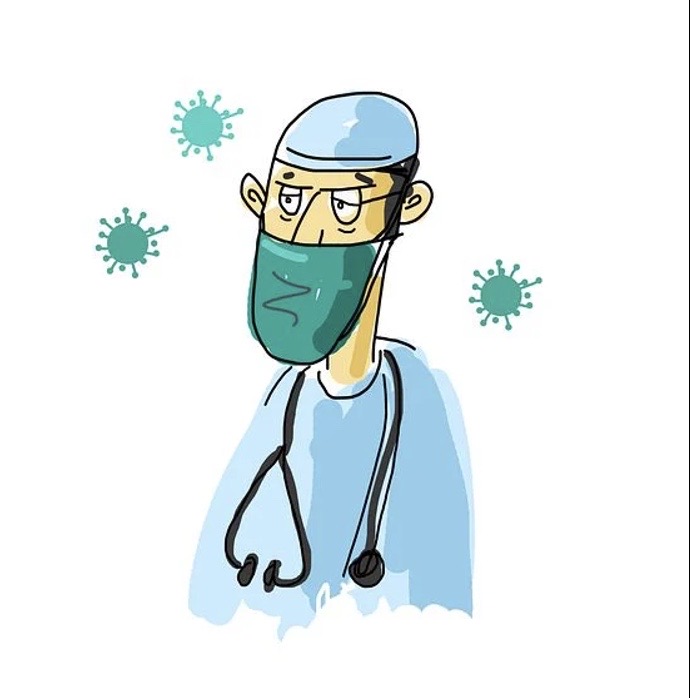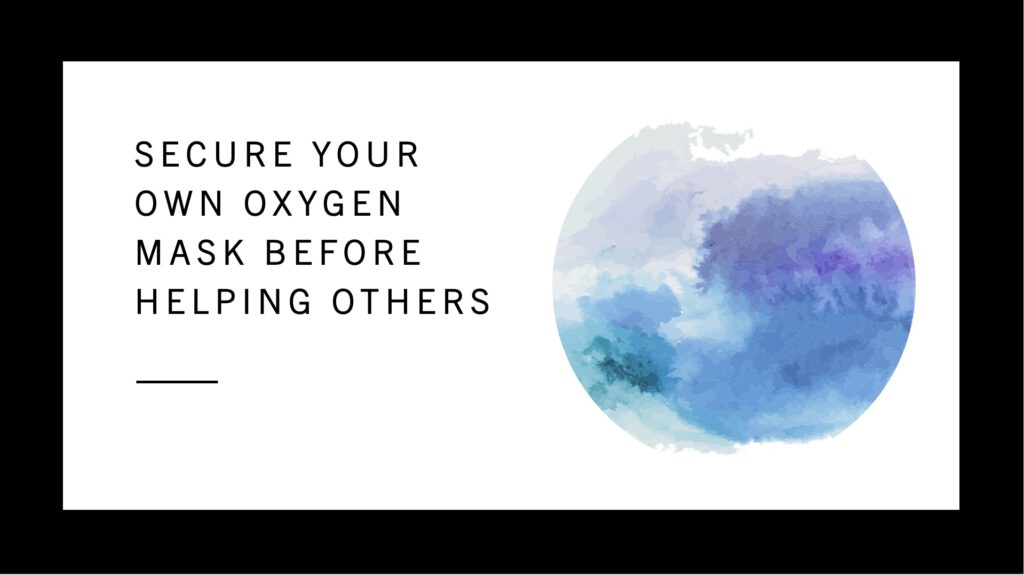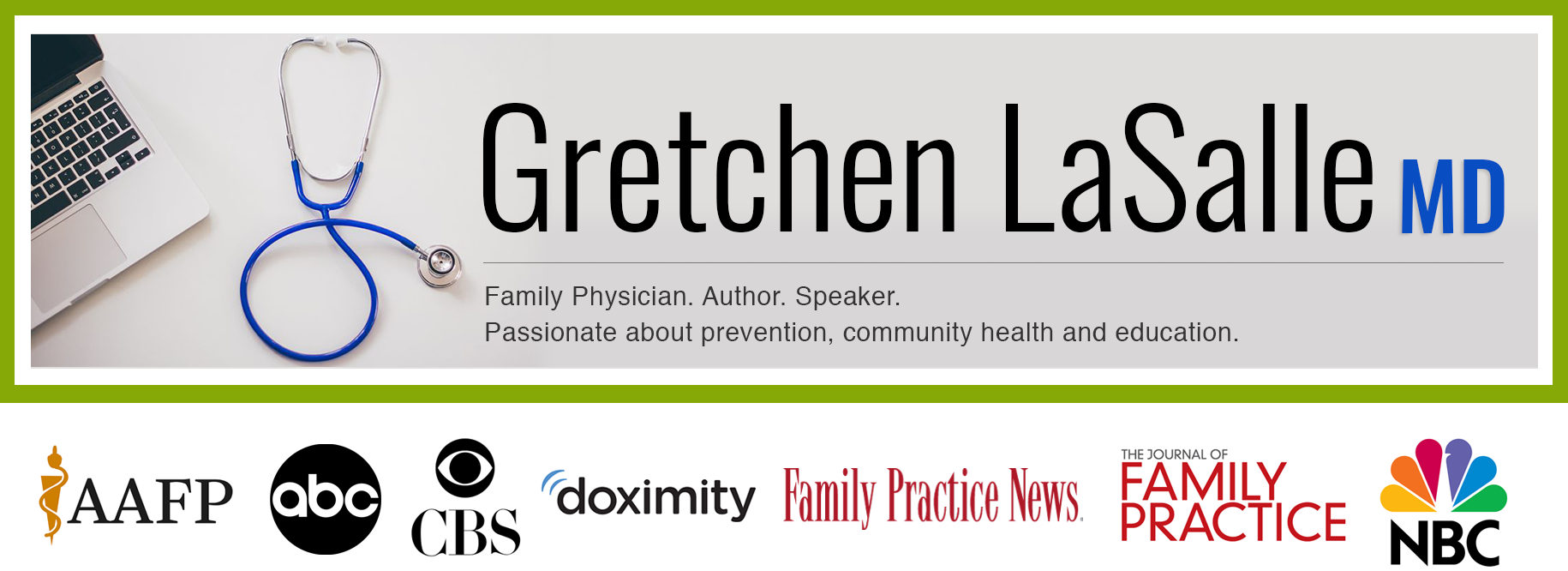Some of you may have noticed that I’ve been missing in action, at least on this blog site (don’t worry, I’m still showing up for work). There were months during the pandemic where I was posting every week, working to keep you updated and to talk you through the multitude of faulty claims made about the COVID vaccines. Yet, for the last eight months, I have not posted a thing. Why? That is a question I have spent considerable time pondering. I love writing. I love educating. I love fighting injustices (and the proliferation of vaccine misinformation and disinformation feels like an injustice). So, what happened? Well… I, my dear readers, am suffering from vaccine fatigue. And I am not alone.

Slide from my presentation “Practical Strategies for Addressing Vaccine Hesitancy”, WA Immunization Summit 2023
I gave a talk recently at the Washington State Immunization Summit and asked the following question: “How many of you are tired of talking about vaccines?”. An odd question, to be sure, at a conference where the whole point of the conference was to talk about vaccines. Yet almost every single hand in that audience of doctors and nurses and public health officials and community vaccine advocates went up. Before we got to discussing vaccine hesitancy and how to have a successful vaccine conversation, we needed to address vaccine fatigue – the elephant in the room. Y’all… we are tired (I’m from the South so I like to pull out a “y’all” every now and again. Feels warm and inviting, doesn’t it?)!
What is “vaccine fatigue”?
Vaccine fatigue is most recently defined by Su et al in their paper “Mind the ‘Vaccine Fatigue’”, published in 2022 in Frontiers in Immunology. This narrative literature review searched terms like ‘vaccine fatigue’, ‘immunization fatigue’, and others in scientific papers from 1997-2021. It sought to define and identify causes of vaccine fatigue. Turns out, vaccine fatigue is not new. Yet, while this phenomenon has occurred with other immunization campaigns like flu and polio and measles, we certainly feel it now more than ever before. Let’s look at the definition.
“…people’s inertia or inaction towards vaccine information or instruction due to perceived burden and burnout… vaccine fatigue broadly represents a transitory stage that is more common in people that hold a pro-vaccination view.”
Now, I’d like to call out a couple of things about this definition that might give us a little bit of hope. First, and most importantly, it is described as ‘transitory’. This is great news! This condition that we are suffering, is temporary. We will get through it. Second, it afflicts primarily people who hold a ‘pro-vaccination view’. We are not talking about your full-on vaccine deniers (though, as is described in “There and Back Again: How Anti-vaxxers Change Their Minds”, the 4th chapter of my book, we should always leave the door open for people to have a change of heart). These are people – us and our patients – who are pro-vaccine, who have gotten or given the COVID vaccines and others before them, who are just tired. The support is still there. We just have to find it.
The majority of the studies reviewed in this paper looked at vaccine fatigue experienced by patients. Here are some of the contributing factors they identified. For those of us in practice, these feel about right.
• Shifting and/or confusing messaging about vaccines
• Increasing numbers of vaccination requests
• Fear of, or experienced adverse effects from, vaccination
• Perceived poor efficacy for preventing illness***
• Misconceptions about the disease or the vaccines themselves
• Lack of adequate education on the topic of disease and/or vaccines
• Public apathy (that’s a tough nut to crack!)
***though we must remember that how many people actually take a vaccine affects its real-world effectiveness – it doesn’t work if you don’t use it
Fewer studies looked at the causes behind vaccine fatigue experienced by clinicians and other immunization advocates. So, as a boots-on-the-ground physician, here’s my assessment of the situation.

Image taken from Pixabay
• We are emotionally exhausted – working with people who seemingly put more stock in the recommendation of someone’s hairdresser than they do in that of their own trusted provider who, might I add, has trained for years on the topic, is emotionally exhausting.
• We are fearful of confrontation – we may have had previous negative interactions with patients or family on the topic of vaccines and no one likes confrontation.
• We feel defeated – those who remain unvaccinated are the hardest ones to convince.
• We are disheartened – by the apparent spill-over that has occurred with confidence in other, non-COVID vaccines.
• We are frustrated – those we took care in walking through the process of gaining confidence in COVID vaccines in the first place, now need a “re-do” when it comes to accepting boosters. Did I mention that we’re tired?
So, how do we get past vaccine fatigue?

Slide from my presentation “Practical Strategies for Addressing Vaccine Hesitancy”, WA Immunization Summit 2023
Here is my proposed five-step plan:
- We must acknowledge it… in our patients and ourselves. It is a real thing, with very real and valid reasons behind it. Call it what it is –“Oh my gosh, I am so tired of talking about vaccines. Are you tired of hearing about vaccines? Well, at least we’re on this struggle bus together!”.
- We need to forgive ourselves for it. People in medicine tend to have an unhealthy obsession with perfection. We want to save the world. But, no one is perfect. We can’t save everyone. We need to remind ourselves that people are going to make their own choices. All we can do is offer our care, our compassion, and our most accurate and reliable information to aid patients in making their decision. Trust me, it takes a bit of the pressure off.
- We need to talk about it, support each other through it, and offer no judgment about it. Take a deep breath. Give yourself and others grace. And remember that time is on your side. While we have plenty of ground to cover, it is no longer a mad rush to vaccinate like it was when tens of thousands of people were dying every day
- Use humor. Joke around. Lighten the mood (the mood has been so heavy for so long). The following have worked for me:
a. In an overly dramatic way, you might say something like… “Oh my gosh. You’re killing me. You are literally killing me. Ok, tell me what’s making you not want to get this COVID booster.”
b. Or (with a wink and a smile), “I’m annoyingly persistent, you know. I’ve even been told I’m persistently annoying. You might as well just go ahead and get the (insert immunization of choice) shot to shut me up.”
c. Or maybe, “Are you sure you don’t want your tetanus vaccine today? Are you really sure? Are you totally sure? I mean, you’re already here. You might as well. Then you don’t have to come back and hear this annoying voice again (points to self).” - And we must never forget that our recommendation, that of their trusted medical provider, is THE MOST IMPORTANT THING in getting people to accept immunizations. Study after study have proven this to be true. Your voice matters. Keep using it!
In the end, we need to remind patients (and ourselves) that while they may tire of hearing about vaccines, and we may tire of talking about vaccines, the viruses never tire. If we get complacent, they win. Devastating infectious diseases return and we’re back to facing down another pandemic. And none of us want that!
Thanks for reading. And thanks to my patient who asked me to get back to writing. I appreciate you sticking around during these many months of crickets. It’s good to be back and I promise more is to come (though probably not weekly – I will be starting an MPH program soon so life is going to get crazy!). If you enjoyed this blogpost and have not yet registered to receive them automatically, please hop on over to my homepage and sign up! Until next time….


June 3, 2023
Dear Gretchen,
At 79 and blessed with great health, my faith in science and my doctor is continuing. I’ve had every vaccination that has ever become available and I have been boosted regarding Covid numerous times.
I still avoid crowds and close contact routinely. Fundamentally, I really want to stack the deck in my favor regarding maintaining my good health. If my doctor recommends another vaccine, I’ll be there.
Thank you for getting back to writing, best wishes with your MPH program, and thank you for your wonderful service to the community.
Respectfully,
Brooks.
Thank you, Brooks. That really means so much!
Gretchen, thank you for picking up the pen again. I’m pretty sure that all provaccine people understand vaccine fatigue, and we need people like you to tell us it is real, exists and is out there. Strategies to deal with it are critical to hear and see, in this politically volatile climate we find ourselves living within. Rmna vaccine development is the future and I wonder how AI is going to enter the picture. You have our support, rest assured we are out here with your back! Good luck with the MPH pursuit. I’m always impressed and grateful when an MD sees the value of population health improvement through public health. Best regards!
LCDR Richard Thoune, MSC, USN (Ret)
MS, MPH
Thank you so much, Richard! Excited to be joining your ranks in public health.